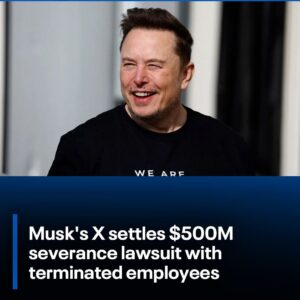McDonald’s recent revenue surge of 14% to $6.69 billion has ignited debate amid concerns about fast-food costs. A viral TikTok video by influencer Christopher Olive, shocked by a $16 “happy meal,” prompted a closer look at the reasons behind the price increase.
Labor shortages and subsequent wage hikes are major factors. McDonald’s, like many businesses, faces staffing challenges and responds by raising wages to attract and retain workers, leading to higher menu prices.
McDonald’s recent revenue surge of 14% to $6.69 billion has ignited debate amid concerns about fast-food costs. A viral TikTok video by influencer Christopher Olive, shocked by a $16 “happy meal,” prompted a closer look at the reasons behind the price increase.
Labor shortages and subsequent wage hikes are major factors. McDonald’s, like many businesses, faces staffing challenges and responds by raising wages to attract and retain workers, leading to higher menu prices.
Despite criticism, McDonald’s defends its pricing, pointing to discounts on its mobile app. However, customers like Anne Arroyo from Ohio argue that these savings do little to offset frustrations over price disparities.
This discontent fuels accusations of “greedflation,” suggesting companies exploit inflation fears for profit. Yet, McDonald’s profitability continues to grow, partly due to increased prices, indicating sustained consumer demand despite financial strain.
The situation raises questions about the long-term sustainability of McDonald’s pricing strategy and its broader implications for consumers and the fast-food industry. The debate underscores tensions between corporate profitability and consumer affordability in a changing economic landscape. However, McDonald’s maintains that its pricing is fair, and the ongoing demand for its products suggests a nuanced picture. As stakeholders navigate these discussions, they grapple with balancing profitability with consumer satisfaction and affordability, recognizing the complexities inherent in the fast-food industry’s economic dynamics.





